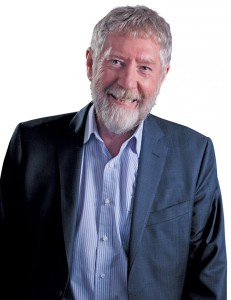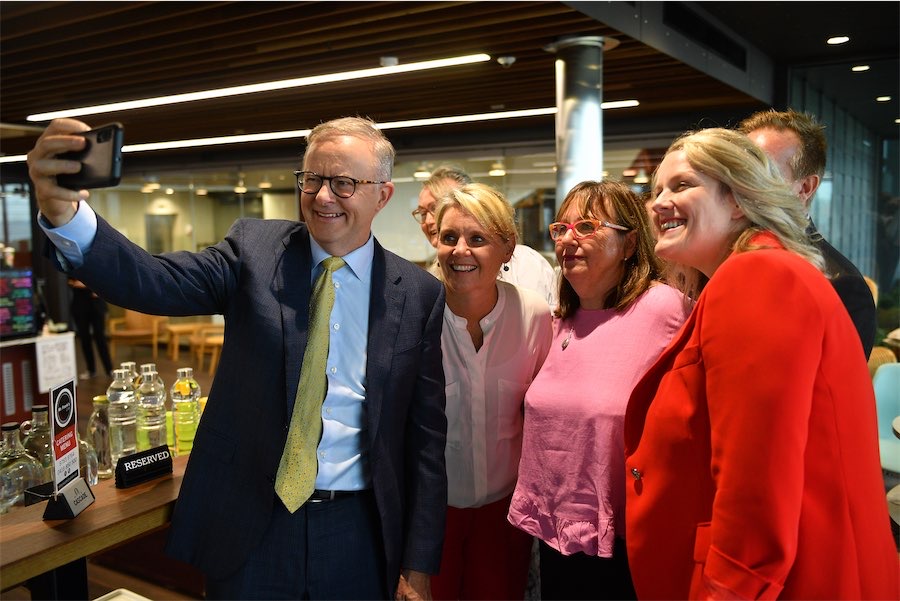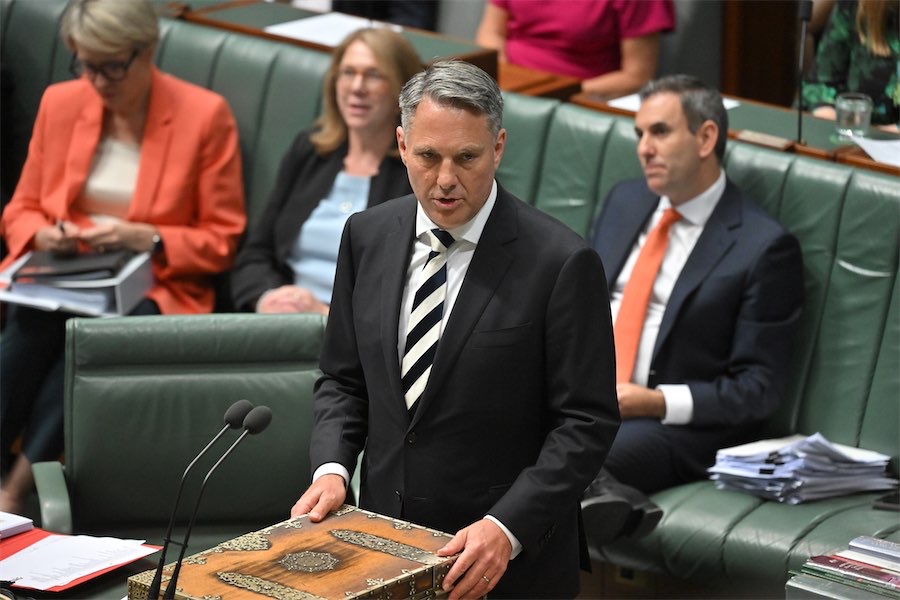“At a time when the divide between the rich and the poor has grown so much, what is surprising is that these tax cuts so significantly favour the rich over both the poor and the average-income earners,” writes political columnist MICHAEL MOORE
AUSTRALIA was once perceived as an egalitarian society. Those were the good old days!

Scott Morrison, Anthony Albanese and their political parties, along with some Senate cross benchers, have just further whittled away this iconic Australian image.
The tax cuts that promise to put $158 billion back in the pockets of taxpayers have increased the discrepancy between wealthy and average Australians.
Morrison’s great marketing makes this sound good for all. However, a more considered approach raises awkward questions. Especially for Labor. And especially at a time when the divide between the rich and the poor has grown so much. What is surprising is that these tax cuts so significantly favour the rich over both the poor and the average-income earners.
In four years’ time people earning $200,000 will be better off by $11,640 a year. Earners on $180,000 will be better off by around a third less at $8640. At a pay rate of $120,000 the benefit will be $4440. At $100,000 the benefit of $3040 will be close enough to a quarter of the person earning double the salary.
Top-level earners will be laughing all the way to the bank. They need the money so much more than low-level earners! Those earning $45,000 will benefit by $1080 – not even 10 per cent of those in the $200,000 bracket. The median Australian wage is $55,063 where the benefit delivered will be just $1332.
This median of $55,063 is what the average Australian earns. It ought not to be confused with the average earnings used to justify the tax cuts. Average earnings is invariably loaded upward by a small number of people earning very high salaries.
Economists describe this sort of tax flattening as “regressive”. It favours the rich. But not just over the poor. It pointedly favours the wealthy over the average earner. This is why Labor’s support was simply flabbergasting.
Labor did attempt to split the legislation. They called on the cross bench to support bringing forward the second stage of the tax cuts. The idea was to delay the third stage tax rate to 30 per cent for all workers earning between $45,000 and $200,000. When they failed to do so – Labor capitulated and supported the “regressive” taxation rate.
Former shadow assistant treasurer and Canberra MP Andrew Leigh explained in early July to Radio 2GB that “putting the money into the hands of low and middle-income earners means you’re putting it straight into the economy”. As was the case with the cash injection Labor made under Kevin Rudd at the start of the Global Financial Crisis.
Leigh went on to dig a hole for himself and Labor: “These are people who spend their whole pay cheque, whereas if you’re providing tax cuts at the higher end of the income spectrum, then that’s going to people who save about a quarter of their income. And so a quarter of the benefits there don’t flow back through the economy”.
It is hard to believe that Leigh would be talking about people earning up to $200,000 as “spending their whole pay cheque”. Labor’s support for the Morrison Government’s tax breaks just makes no sense.
Following the passage of the legislation, opposition leader Anthony Albanese argued that Labor reserves its right to repeal the legislation depending on the economic circumstances at the time. Not good enough!
His argument is that money needs to be injected into the economy as a stimulus. Unfortunately for him, the statement made only a couple of days earlier by Leigh puts the lie to this argument.
The reality is that the conservative government has now combined $144 billion in tax cuts from the 2018-19 Budget with the current package. This means a reduction in government income by $302 billion over 10 years. When governments do not spend, when there are inadequate funds in the Budget, something has to give.
It is not the wealthy who suffer. Whether cuts are made to education, health, social services or the like – tax cuts invariably have the greatest impact on the poor.
Who can be trusted?
In a world of spin and confusion, there’s never been a more important time to support independent journalism in Canberra.
If you trust our work online and want to enforce the power of independent voices, I invite you to make a small contribution.
Every dollar of support is invested back into our journalism to help keep citynews.com.au strong and free.
Thank you,
Ian Meikle, editor





Leave a Reply